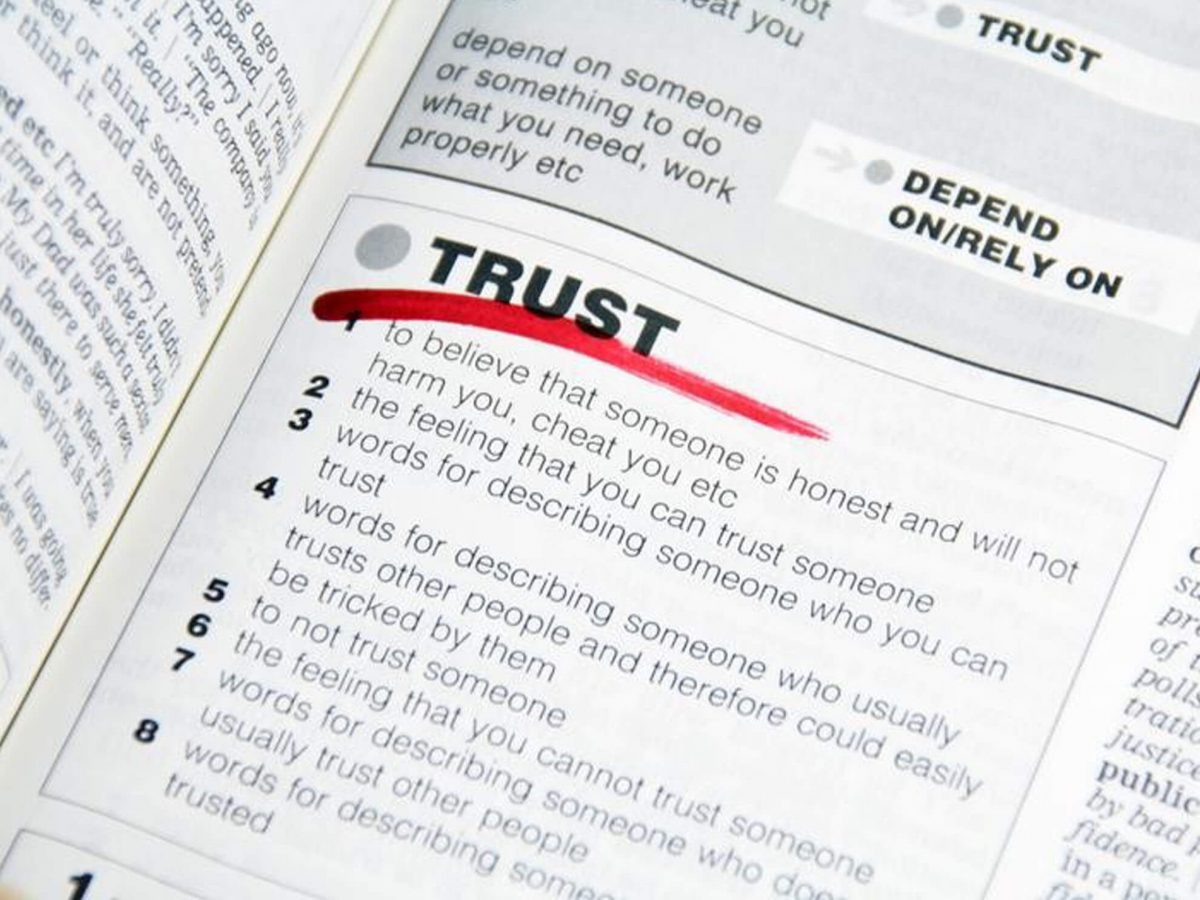In my last article, we talked about breaking down silos in business operations. They are devastating to the health and success of any organization. Six Sigma project teams frequently are faced with challenging silos and removing them to ensure and more efficient and effective business practice. When challenging those silos, trust becomes a significant factor with a Six Sigma operation.
Honesty is the best policy. If I lose mine honor, I lose myself.
~ William Shakespeare
As with everything in both our personal and professional lives, trust is everything! Your words and deeds are measured, and we always strive to ensure we uphold those expectations. In our business operations, we depend deeply on trust with our partners, clients, and team members. It means everything!
Six Sigma is a tool, a business practice like any other tool or methodology that we employ in our day-to-day operations. However, it is a crucial tool that requires the absolute trust and faith of everyone in a business operation. The results of a Six Sigma operation must be sterling in every aspect. The results of projects which are provided to leaders and key stakeholders are vital in making strategic decisions, which can affect the position of a business operation and its legacy.
Tips of Trust
Here are a few key points to consider when establishing trust with Six Sigma methodology:
- Six Sigma Staffing – When choosing leaders and team members for a Six Sigma operation, they must have an impeccable reputation in business and their personal life. If questions are raised about Six Sigma operations, it will always begin with questions about the integrity of the people who are the face of Six Sigma. Take no shortcuts when filling positions.
- Training – The quality of both past and future training for your Six Sigma professionals is crucial. Be critical and thoroughly evaluate the training they may have received prior to working on the team. Ongoing training must also be of the highest standard because it provides the key skills required to establish trust and successful results in operations.
- Data and Facts – The data used in Six Sigma projects must be tested and verified for accuracy. There can be no shortcuts. Along with accurate data, facts gathered and reported must be accurate and verified.
- Communications and Relationships – Like every other aspect of business, relationships are everything! People working as part of a Six Sigma team must be very adept at engaging in and developing positive relationships. Business revolves around people, who are your customers, both internal and external. Effective communication and trust are the true keys to the success of relationships.
- Success Mindset – A Six Sigma professional must have a success-driven mindset to establish real trust. From top to bottom of an organization, the Six Sigma must be seen as a winner! Their mindset has to always be focused on the success of an organization. There is no room for a defeatist mentality. Negativity is a cancer that can spread through an organization with lightning speed. That cannot be allowed.
Trust requires developing and nurturing. It takes time and should be treated like your most valuable asset. When trust is lost with a Six Sigma program, there is no going back. You get just one shot to get it right.
See discussions on LinkedIn
